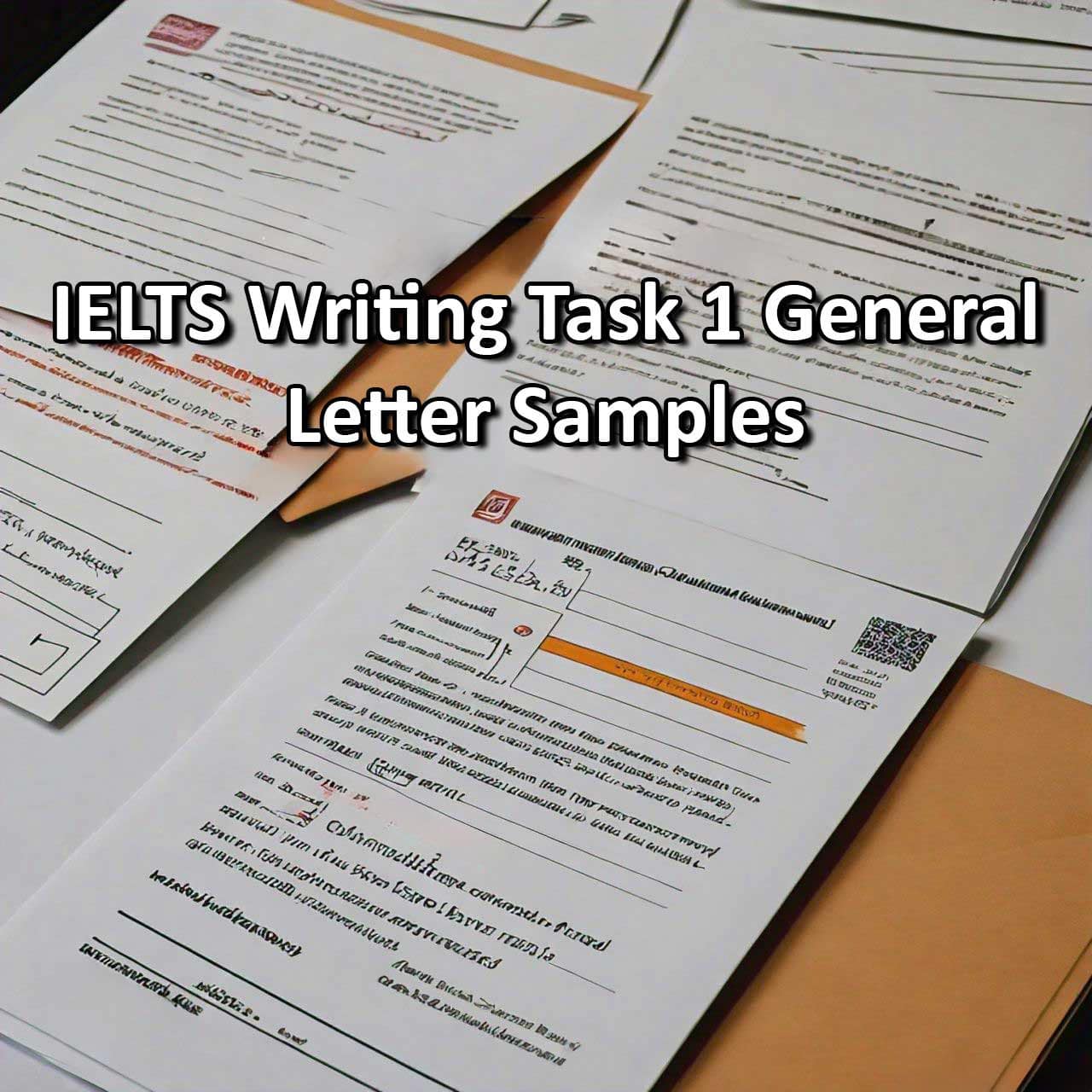The IELTS Writing test is a critical component of the IELTS exam, evaluating your ability to express ideas clearly, cohesively, and accurately in written English. One of the key factors that can significantly boost your writing score is the effective use of academic language. In this blog post, we will explore what constitutes academic language, why it is important, and how you can incorporate it into your IELTS writing tasks to achieve a higher score.
Table of Contents
Understanding Academic Language
Academic language is characterized by a formal tone, precise vocabulary, complex sentence structures, and clarity. It is the language used in scholarly articles, research papers, and academic discussions. Mastering this style of writing demonstrates your ability to engage with topics at a high intellectual level and communicate ideas effectively.
Why Academic Language Matters in IELTS Writing
1. Higher Band Scores: The IELTS Writing band descriptors emphasize the use of appropriate academic language. Using it correctly can enhance your scores in Task Achievement, Coherence and Cohesion, Lexical Resource, and Grammatical Range and Accuracy.
2. Clarity and Precision: Academic language helps convey your ideas clearly and precisely, reducing the likelihood of ambiguity.
3. Professionalism: A formal writing style is necessary for academic and professional contexts, making your writing appear more credible and authoritative.
Key Features of Academic Language
1. Formal Tone
Avoid informal language, slang, and contractions. Aim for a professional and respectful tone.
Examples:
– Informal: “Kids nowadays use their phones a lot.”
– Formal: “Children today frequently use their mobile devices.”
2. Precise Vocabulary
Use specific and accurate vocabulary to convey your ideas more effectively. Avoid vague terms.
Examples:
– Vague: “Things are getting better.”
– Precise: “Economic conditions are improving.”
3. Complex Sentence Structures
Incorporate a variety of sentence structures, including complex and compound sentences, to demonstrate your grammatical range.
Examples:
– Simple: “The research was conducted. It showed significant results.”
– Complex: “The research, which was meticulously conducted, showed significant results.”
4. Passive Voice
Use the passive voice to emphasize the action or result rather than the doer, which is common in academic writing.
Examples:
– Active: “Researchers conducted the study.”
– Passive: “The study was conducted by researchers.”
5. Hedging
Hedging involves using cautious language to avoid making absolute statements. This is essential in academic writing to acknowledge the complexity and uncertainty of research.
Examples:
– Absolute: “This always happens.”
– Hedging: “This often happens.”
Tips for Using Academic Language in IELTS Writing
1. Expand Your Vocabulary
Regularly read academic articles, journals, and books to familiarize yourself with academic vocabulary. Make a list of useful words and phrases and practice using them in your writing.
2. Practice Paraphrasing
Improve your ability to paraphrase by rewriting sentences and paragraphs in your own words while maintaining the original meaning. This skill is crucial for avoiding plagiarism and demonstrating lexical resource.
3. Use Academic Phrases
Incorporate common academic phrases and transition words to improve the flow and coherence of your writing.
Examples:
– For introducing ideas: “It is widely accepted that…”
– For adding information: “Furthermore, it is important to note that…”
– For contrasting: “However, there is evidence to suggest that…”
4. Write Practice Essays
Write essays on various topics and focus on using academic language. Get feedback from teachers or peers to identify areas for improvement.
5. Review and Edit
Always review and edit your essays to ensure that your language is formal and precise. Look out for any informal expressions, vague terms, or grammatical errors.
Practical Exercise
To practice using academic language, try this exercise:
1. Select a Topic: Choose a common IELTS writing topic.
2. Write a Paragraph: Write a paragraph on this topic using informal language.
3. Rewrite Formally: Rewrite the paragraph using formal, academic language.
4. Compare and Reflect: Compare the two versions and reflect on the changes you made to improve formality and precision.
Example Transformation
Informal:
“Lots of people think that kids should start school early, but others say it’s better to wait. Both sides have good points.”
Formal:
“Many individuals believe that children should commence their formal education at an early age, whereas others argue that delaying school entry is more beneficial. Both perspectives offer compelling arguments.”
Conclusion
Using academic language in the IELTS Writing test is essential for achieving a high score. By focusing on a formal tone, precise vocabulary, complex sentence structures, passive voice, and hedging, you can enhance the quality of your writing. Regular practice, reading academic texts, and receiving feedback will help you master this style of writing. Incorporate these tips into your preparation, and you’ll be well on your way to achieving your desired IELTS Writing score. Good luck!



